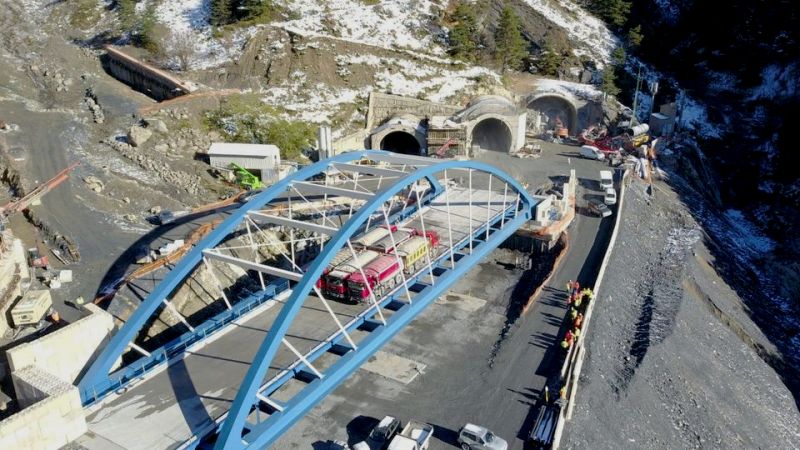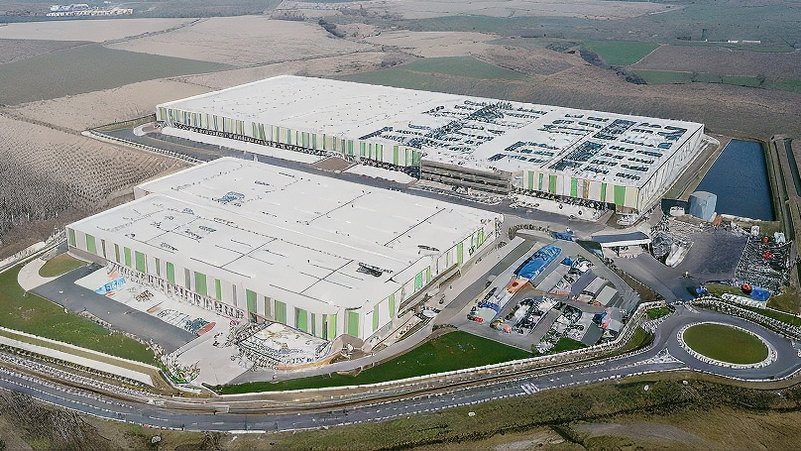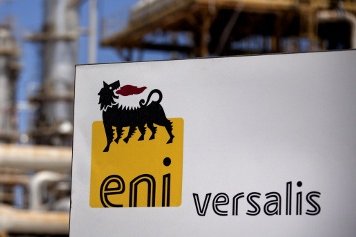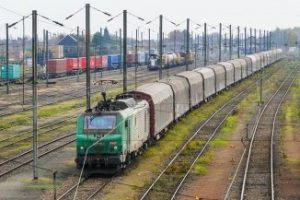French farmers have entered the fourth consecutive day of protests on 21 November 2024, staging road and port blockades across the country. Organised predominantly by the Fnsea, one of France’s leading agricultural unions, the protests highlight the perceived disadvantages of the EU-Mercosur deal. Farmers argue that they face unfair competition from South American agricultural producers, who benefit from less stringent environmental regulations and reduced bureaucratic oversight compared to their French counterparts.
The protests have intensified in various parts of the country. In Beauvais, northern France, around 50 tractors brought traffic to a standstill, with farmers symbolically walling up a government agency office and dumping manure and tyres outside the building. In Bordeaux, demonstrators blocked the commercial port of Bassens by piling tyres to obstruct access to grain-importing ships. Near Paris, the RN118 road south of the capital was shut down by approximately 30 tractors, causing additional traffic chaos. In Auvergne-Rhône-Alpes, roadblocks were set up near Grenoble, while in Lyon, protesters damaged road signs. In southern departments such as Var and Vaucluse, as well as in Strasbourg, where the Europe Bridge was obstructed, the demonstrations have significantly impacted both local and international traffic.
A key issue is the disruption to freight transport. The commercial port of Bassens has been completely blocked since Wednesday evening, halting grain imports. In Calais, access to the port was cut off, creating challenges for goods transport to the UK, though tourist vehicles were allowed passage. The A10 motorway in Charente-Maritime saw hundreds of tractors occupy the roadway, while Bordeaux’s ring road — a critical route connecting Paris with Spain — was blocked by 250 tractors.
The blockades have extended beyond ports. In Haute-Garonne, a section of motorway was occupied by a dozen tractors, while the Autoroute du Soleil, a major artery in southeastern France, was disrupted by 70 tractors, leading to significant traffic delays. Combined, these road and port blockades are causing severe delays and disruptions to the supply chain, with repercussions felt nationally and internationally.



































































